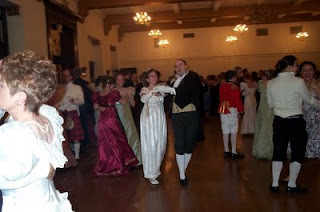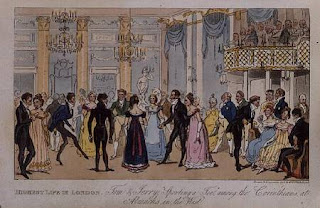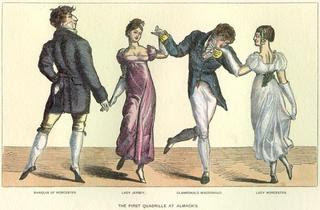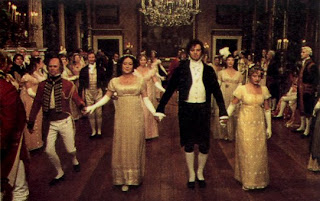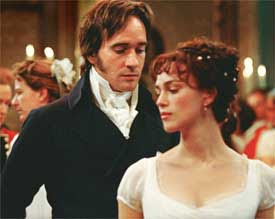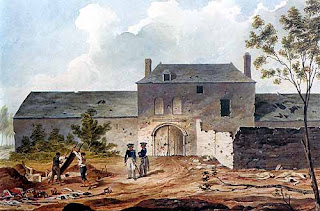Last week, Janet likened the prevalence of PTSD heroes in historical romance to war profiteering. I have to agree. But her words scare me too, because I’m writing a war-scarred though not classic PTSD hero myself and always worry that I will not do him justice. I feel it’s important to respect history and the real people who suffered through similar events. I hope that respect comes through in my work.
But what makes the difference between Artificially Injected Angst and the real thing?
 Looking at both our current projects and our backlist, many of us Riskies have written military heroes. We’re also writing or have written stories about emotional and/or physical abuse, addiction, loss of close loved ones, and other issues that we may or may not have experienced personally. I’ve always been suspicious of the adage “Write what you know”. I’ve since heard “Write what you love” or “Write what you care about” and that’s what we do.
Looking at both our current projects and our backlist, many of us Riskies have written military heroes. We’re also writing or have written stories about emotional and/or physical abuse, addiction, loss of close loved ones, and other issues that we may or may not have experienced personally. I’ve always been suspicious of the adage “Write what you know”. I’ve since heard “Write what you love” or “Write what you care about” and that’s what we do.
I think that makes all the difference. If a writer cares about an issue enough to make it a central theme in a story, she ought to do the necessary immersion. If she’s content with Wikipedia level research or less, it shows. (I put down a romance when I realized, just a few pages in, that the author thought the British were fighting the Portuguese in the Peninsula, not the French.) This is why we Riskies and friends regularly break our research book budgets or become good friends with librarians.
 I also think it is AIA when a tortured hero (or heroine, though they seem less common) is defined by his issues. As a reader, I want to know what makes the character different from others with similar problems. Is he naturally an introvert or an extrovert? Impulsive or cautious? What are his strengths and passions? Most importantly, how does he deal with the problem? People don’t all react the same way and that’s exactly why yet another story about a scarred military hero or any other flavor of tortured character can still be interesting.
I also think it is AIA when a tortured hero (or heroine, though they seem less common) is defined by his issues. As a reader, I want to know what makes the character different from others with similar problems. Is he naturally an introvert or an extrovert? Impulsive or cautious? What are his strengths and passions? Most importantly, how does he deal with the problem? People don’t all react the same way and that’s exactly why yet another story about a scarred military hero or any other flavor of tortured character can still be interesting.
What do you think makes the difference between the tortured and the merely trite?
Elena
www.elenagreene.com

